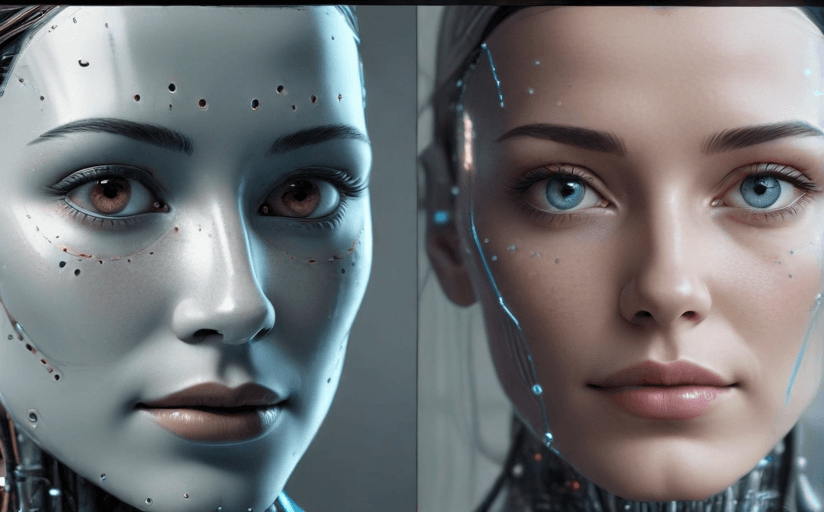Artificial Intelligence (AI) and Its Profound Impact on Societal Norms and Ethics
The advancement and broadened application of Artificial Intelligence (AI) are causing disruptive but significant changes to our societal norms and ethics. Over the past few years, AI has transformed the way we live and work, while simultaneously triggering wide-ranging debates concerning its ethical implications.
Areas Where AI is being Deployed in Society
AI's expanding influence can be seen across various sectors:
- Predictive Analysis in Business: AI's predictive capabilities help businesses accurately forecast market trends, customer preferences, and potential risks.
- Self-driving Cars: AI is the force behind autonomous vehicles, offering the promise of safer roads but also sparking debates around liability and decision-making.
- Automated Customer Services: Companies are increasingly using AI-powered chatbots to improve customer engagement and satisfaction.
AI's Impact on Societal Standards
Positive Outcomes of AI
AI systems analyze massive amounts of data faster and more accurately than humans could, making them valuable tools in fields like healthcare, environmental monitoring, and public safety. For instance, AI has facilitated early disease detection, natural disaster prediction, and crime prevention.
Negative Consequences of AI
However, the AI revolution also shows some possible downsides:
- Privacy Concerns: AI's data-hungry nature raises questions about user privacy and data protection.
- Job Displacement: AI and automation could result in widespread job displacement, necessitating the need for workforce reskilling.
Navigating the Ethical Dilemmas Surrounding AI
Given AI's wide societal impact, there's an urgent need to address the ethical dilemmas it presents:
- Privacy Assurance: Legislations and regulations are needed to ensure AI systems use data ethically and responsibly.
- AI Governance: Experts advocate for comprehensive governance frameworks that ensure AI operates within defined ethical and legal bounds.
- Job Mitigation Strategies: Policymakers, companies, and education providers must collaborate to address potential job displacement due to AI.
Studies, such as those from Pew Research and McKinsey Global Institute, underscore the ethical complexities and societal considerations surrounding AI, emphasizing the need for robust dialogue and informed policymaking.
In conclusion, the development and escalating application of AI undoubtedly impacts societal norms and ethics. It presents an array of opportunities and challenges that society must carefully navigate to ensure that the rise of AI brings about equitable and beneficial outcomes for all.















Comments
Leave a Comment